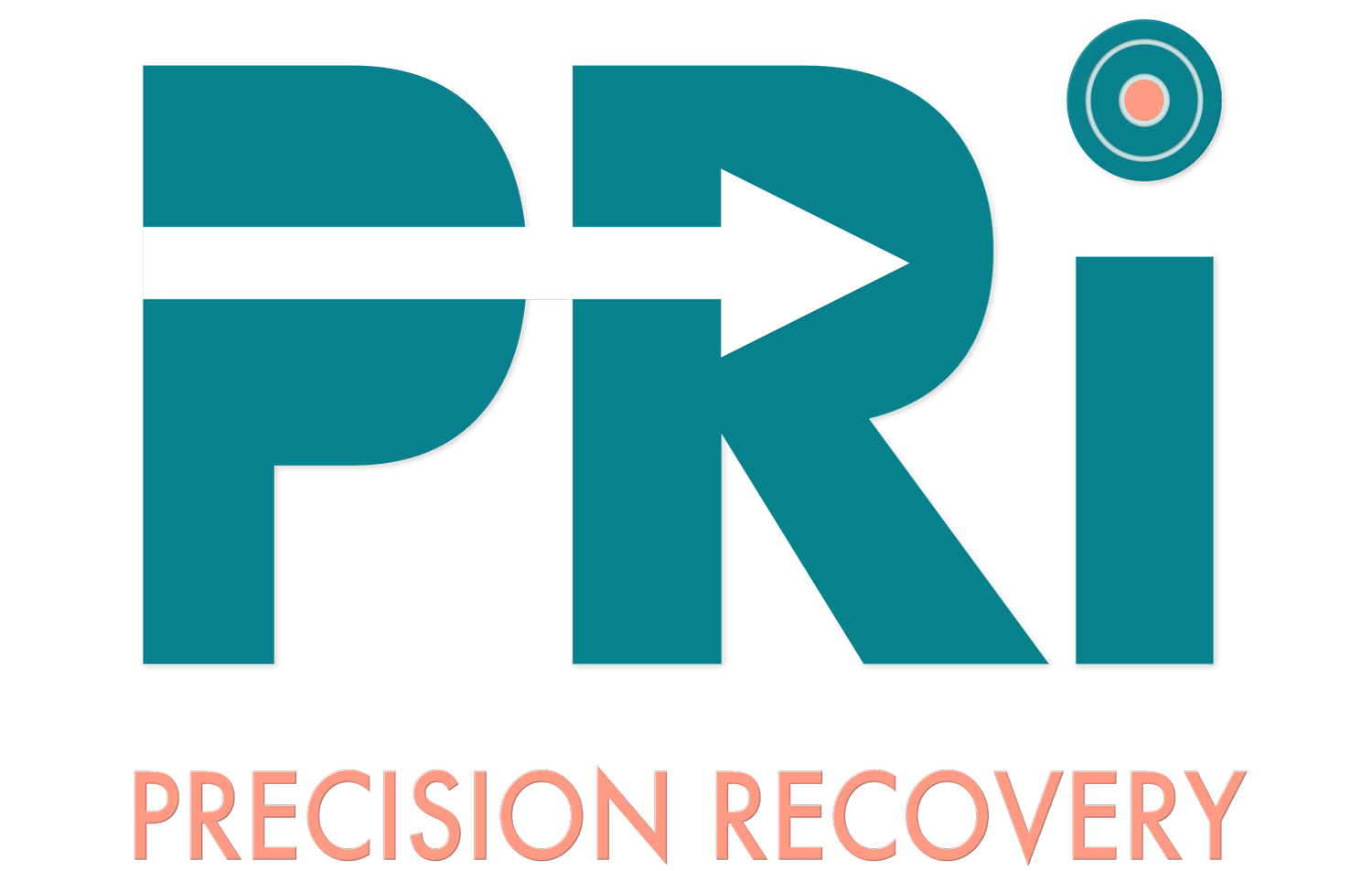Helping your stroke survivor with memory and thinking
Cognitive Challenges and Strategies: Helping Your Stroke Survivor with Memory and Thinking
When someone survives a stroke, they not only have to cope with possible physical limitations but may also face cognitive challenges. These cognitive deficits can manifest as problems with memory, attention, perception, or problem-solving abilities. This can be overwhelming for the survivor, but with patience, understanding, and effective strategies, both the survivor and their loved ones can work together to adapt and overcome these challenges.
Firstly, it's important to recognize and understand the specific cognitive challenges a stroke survivor might face. Memory problems can range from forgetting daily tasks, misplacing items, or having difficulty recalling names or events. They may also face challenges in processing information, which can make multi-step tasks difficult. For instance, preparing a meal or organizing a day might become more challenging than it was pre-stroke. By identifying these challenges, families and caregivers can more effectively address them.
To support stroke survivors, a structured routine can be incredibly beneficial. Regular schedules provide predictability, which can help reduce anxiety and confusion. Using tools such as calendars, alarms, or even mobile apps can be useful in keeping track of daily tasks and appointments. For those struggling with attention, breaking tasks down into smaller, manageable steps and eliminating distractions can be effective. Also, maintaining a clutter-free environment can help in minimizing confusion and promoting better concentration.
Lastly, it's vital to approach the situation with empathy and patience. Celebrate small victories, and remember that progress might be slow, but every step forward is significant. Engaging in cognitive rehabilitation exercises, brain games, or puzzles can help stimulate the mind and aid in recovery. Just as we exercise our bodies to regain strength after an injury, we can exercise our brains to foster cognitive improvements. With the right strategies and a supportive environment, a stroke survivor can thrive and adapt in the face of cognitive challenges.
